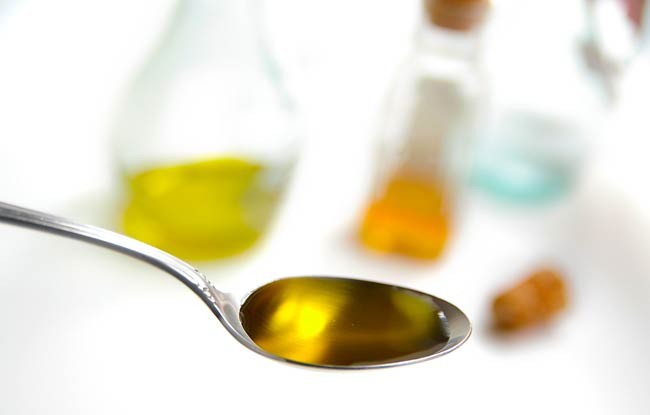- Make It Yourself Lavender Heart-Shaped Bath Bombs!
- 20 Things You Never Knew About “Down There”
- 12 Best Foods For Those Suffering From Arthritis Pain
- 12 Personal Hygiene Mistakes Almost Everyone Makes (Mom Never Told You About #4!)
- 15 Medicinal Plants And Herbs From The Cherokee People
- 12 Mind-Blowing Benefits Of Drinking Coconut Water During Pregnancy
- 12 Outstanding Winter Foods That Won’t Fatten You Up Like A Christmas Turkey
10 Dangers You Should Know about Canola Oil
6. Dangerous Levels of Trans Fats
There are no safe levels of trans fats, the Harvard School of Public Health said in a report decades ago. However, the FDA says that if there are 500 mg or less in a half cup, then it’s a “safe” level and manufactures can say that there are “NO trans fats!” However, when you are eating pre-made food, such as those from a bakery or food bar, who measures out that half cup per serving? What if you are getting a half cup of canola oil for each meal you are eating every day?
7. Degenerative Diseases
Canola oil makes the membranes of the body become more rigid, which can trigger degenerative diseases in humans. Also, since canola oil molds quickly, it inhibits the function of enzymes. Canola oil is an open door for free radicals, which undermine the natural antioxidants in healthy foods and are linked to an increase of many diseases.
8. The Fast Food Factor
Did you see recent commercials or magazine ads from popular fast food chains saying that they were getting rid of their trans-fat oils and switching to canola oil? This is the old switcheroo, folks, where it sounds as if they are doing something healthy for you when they aren’t. They are simply choosing from the lesser of two evils.
9. There is No Such Thing as Organic Canola Oil
It’s true that rapeseed plants smell so terrible, even the bugs don’t want it, so there’s no need to use pesticides, but that doesn’t mean it’s organic. Rapeseed must be processed with chemicals in order to make it palatable. You may have seen places like Whole Foods advertise that they are using “organic canola oil.” How is that possible when canola oil is made with hexane? Someone should ask them how this is possible. There is no such thing as organic canola oil, friends. See the infographic on choosing between organic and conventional eating.
10. Canola Oil is a Hydrogenated Oil
Even if you don’t pay much attention to mainstream media, you’ve probably heard that hydrogenated oils are bad for you. Besides the deodorizing process, rapeseed must go through the process of degumming, bleaching, and refining of the oil. Although they go to great lengths to hide it, canola oil IS hydrogenated oil, which removes almost any nutritional value, while changing its basic form into trans-fats. There have been no long term studies done on GMO plants or this GMO canola oil but smaller studies have shown that this oil can cause some of the same health problems that other GMO plants cause.
If you are looking for a healthier option, use grape seed oil or coconut oil and make your own salads so you know exactly what they are made of. Both coconut oil and grape seed oil can withstand high heat, so you can also use them when cooking. Organic extra virgin olive oil is also very good for you, but it can’t tolerate high heat. Any of these, however, are better choices for you than canola oil.
Sources:


































Ibrahim Aziz
Jan 9, 2018 at 11:42 pm
http://www.cookers.com.au/ is good oil if you want to avoid all the health traps of canola, not to mention the clean up and fumes!